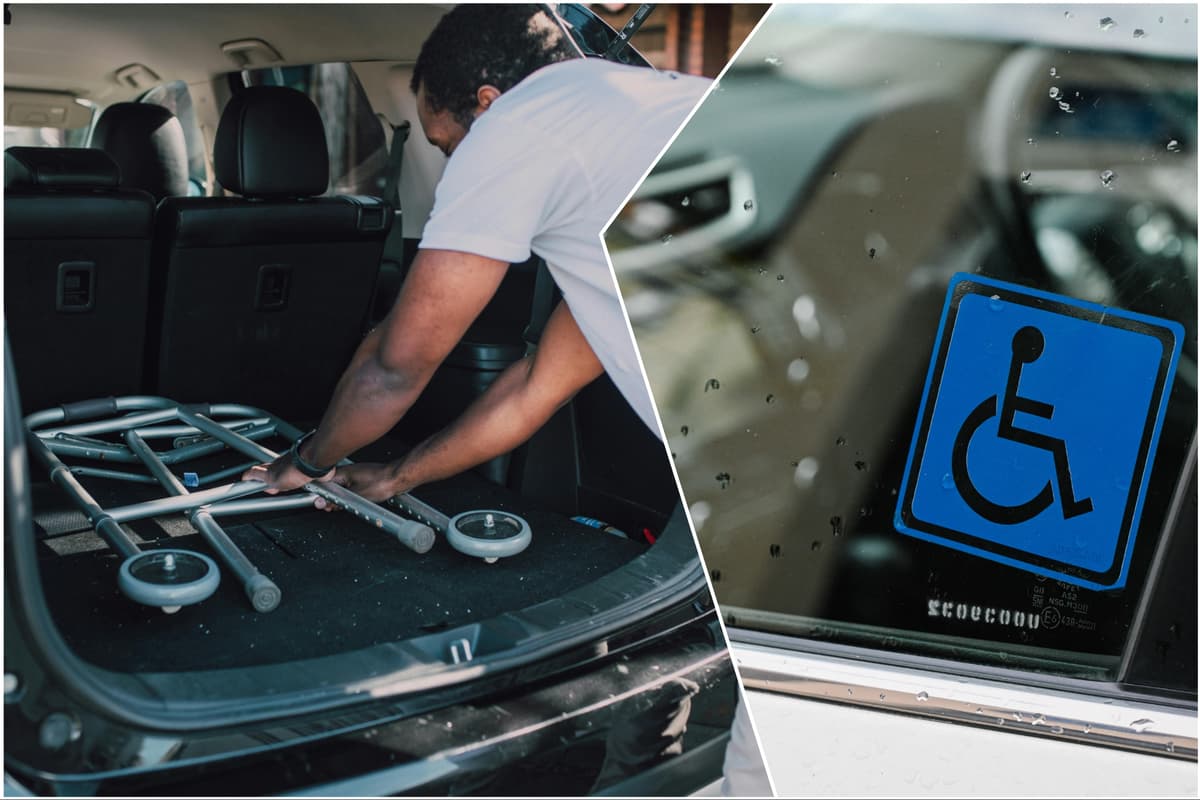Copyright scotsman

The Autumn Budget 2025 could bring changes to disability support, with Motability reforms under speculationPIP eligibility will remain unchanged until a full review, expected in autumn 2026.The Motability scheme allows higher-mobility PIP claimants to lease cars, scooters, or powered wheelchairsReports suggest premium cars like BMWs and Mercedes could be removed, and tax changes may save around £1 billionBut MPs warn cuts could affect independence, health, and employment for disabled people The Autumn Budget is just weeks away, and disability support is expected to be high on the agenda. There’s growing speculation that Chancellor Rachel Reeves could announce measures to rein in the cost of disability benefits when she delivers her Budget in November. Thankfully, People claiming Personal Independence Payment (PIP) have been told their benefit eligibility will remain unchanged this year. Social Security Minister Sir Stephen Timms confirmed in Parliament that no alterations will be made to PIP’s eligibility criteria until his department completes a major review into how the disability benefit is assessed. That review, “co-produced with disabled people”, is expected in autumn 2026. But possible reforms to the Motability scheme could still be on the table when the Autumn Budget is announced. Here is everything you need to know about it... What is the Motability scheme? While PIP eligibility appears safe for now, the scope of the Motability scheme could still face reforms designed to save money. The Motability scheme allows disabled claimants who receive the higher mobility component of PIP to lease new cars, scooters, or powered wheelchairs. Labour MP Emma Lewell-Buck (South Shields) warned that reducing access to Motability vehicles would have a devastating impact on disabled people’s independence. She told MPs: “Motability is a lifeline for people with disabilities — for getting to health appointments, studying, maintaining employment and so much more.” What changes might be made to Motability? Reports in The Times suggest the Treasury is considering changes to the scheme. One change reportedly under consideration is the exclusion of premium vehicles, including BMWs and Mercedes, from the list of available cars. Currently, these vehicles are leased to eligible individuals for a three-year term, with an annual mileage allowance of up to 60,000 miles. The lease package typically includes insurance, servicing, maintenance, breakdown cover, and adaptations at no extra cost. The Treasury is also said to be exploring new tax rules for Motability drivers, which could generate savings of around £1 billion. The scheme is a significant expenditure, and as of recent reports, cost approximately £2.8 billion annually. Lewell-Buck, addressing broader reported changes to the scheme, added: “Cuts to the scheme risk increased health needs and unemployment likely to cost much more than any short-term savings.” Sir Stephen also addressed concerns raised by Conservative MP Sir Julian Lewis about benefit fraud in mental health claims, saying that appropriate checks were already in place but would be reviewed alongside the PIP assessment overhaul. When is the Autumn Budget - and what to expect All eyes now turn to Wednesday, November 26, when this year’s Autumn Budget will be delivered. Rachel Reeves faces a tricky balancing act; she has pledged to follow her fiscal rules, meaning the Government must pay for its everyday spending through taxes rather than borrowing. But economists say she may need to find £50bn a year by the end of the decade to do so. That could mean targeted tax rises or spending cuts, though Reeves has not yet confirmed where the axe might fall. Earlier this year, it was reported that a range of measures were under consideration, including tax changes targeting high-value properties and inheritance. Options thought to have been discussed include scrapping the capital gains tax exemption for expensive homes, reforming inheritance tax rules, and introducing a national property levy to replace stamp duty on homes worth over £500,000. Officials were also reportedly exploring a tax on landlords’ rental income, potentially raising around £2 billion. In terms of personal taxes on everyday earnings and expenses, the Treasury has said it will seek to avoid raising income tax, VAT, or employee National Insurance contributions. Whatever happens, Reeves has insisted that any measures will be “fully costed”, a reminder of the chaos unleashed by Liz Truss’ unfunded tax cuts in 2022. The Chancellor is also expected to focus her Budget on unlocking growth through investment, including reforms to planning rules and a renewed push for infrastructure and housing projects.



